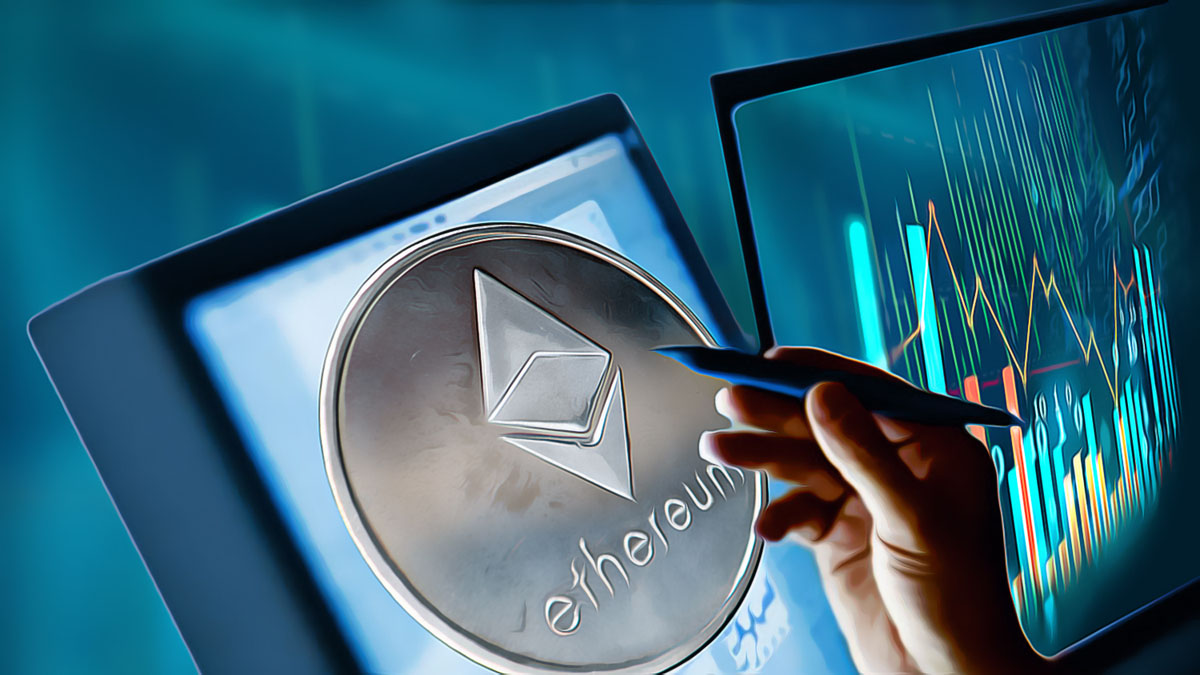Ethereum‘s official Github repository has announced the upcoming Cancun-Deneb upgrade, also known as Dencun, set to begin testing on January 17. Initially, the upgrade will be applied to the Goerli test network, followed by deployments on Sepolia on January 30 and Holesky on February 7. The Ethereum team has not yet revealed when Dencun will be implemented on the mainnet.
The new upgrade aims to reduce fees, enable new features for bridges and staking pools, and limit the usage of numerous transactions in smart contracts. Dencun will include Ethereum Improvement Proposal (EIP) 4844, also known as proto-danksharding. This feature will allow Layer-2 rollup networks like Arbitrum, Base, Polygon zkEVM, and others to temporarily store certain transaction data using a new format called “blobs.”
While blobs can be deleted after 18 days, the current practice involves including application data in the CALLDATA field and retaining it indefinitely on the blockchain. Ethereum developers believe that proto-danksharding will significantly reduce transaction fees in Layer-2 ecosystems.
The upgrade also includes several other proposals such as EIP-1153, which introduces a temporary storage system to further decrease costs, and EIP-4788, which increases transparency by storing each Beacon chain block’s infrastructure in a smart contract that can be queried by applications. Developers expect the data provided by EIP-4788 to be used for new features in bridges and staking pools.
Additionally, Dencun incorporates EIP-6780, which proposes to limit the use of the self-destruct keyword. Currently, self-destruct can be used to delete a smart contract’s code and send all its funds to the deploying account if it was embedded in the contract before deployment.
Following Dencun, the self-destruct keyword will not delete the code unless called within the same transaction it was deployed. However, if called in a future transaction, it will still transfer all funds to the deployer. Ethereum upgrades typically undergo several months of testing before being deployed to the mainnet. The previous deployment, codenamed Shapella, began testing on February 7 and was rolled out to the mainnet on April 12.













